#welshness
Explore tagged Tumblr posts
Text
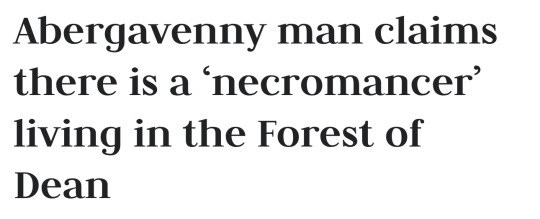


big things happening in england
33K notes
·
View notes
Text





#aesthetic#liminal#conwy#conwy castle#castles#castle#eerie photography#eerie#creepy#dark#religious aesthetic#religious horror#religious#wales#welsh castles#stained glass#stained glass windows#eeriecore#liminalcore#welsh#history#historical#historical castles
17K notes
·
View notes
Text


Spoon in the shape of a fish. Carved from some Sycamore I found just outside Wivenhoe, Essex.
#art#crafts#my art#spoon#spoon carving#welsh#wood#wood carving#carving#llwy#cymreig#whittling#woodworking#sycamore#fish
5K notes
·
View notes
Note
please help me- i used to be pretty smart but i’m having so much trouble grasping the concept of diegetic vs non-diegetic bdsm!
gfkjldghfd okay first of all I'm sorry for the confusion, if you're not finding anything on the phrase it's because I made it up and absolutely nobody but me ever uses it, but I haven't found a better way to express what I'm trying to say so I keep using it. but now you've given me an excuse to ramble on about some shit that is only relevant to me and my deeply inefficient way of talking and by god I'm going to take it.
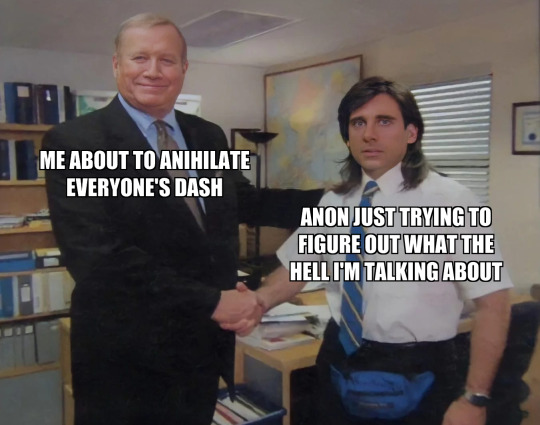
SO. the way diegetic and non-diegetic are normally used is to talk about music and sound design in movies/tv shows. in case you aren't familiar with that concept, here's a rundown:
diegetic sound is sound that happens within the world of the movie/show and can be acknowledged by the characters, like a song playing on the stereo during a driving scene, or sung on stage in Phantom of the Opera. it's also most other sounds that happen in a movie, like the sounds of traffic in a city scene, or a thunderclap, or a marching band passing by. or one of the three stock horse sounds they use in every movie with a horse in it even though horses don't really vocalize much in real life, but that's beside the point, the horse is supposed to be actually making that noise within the movie's world and the characters can hear it whinnying.
non-diegetic sound is any sound that doesn't exist in the world of the movie/show and can't be perceived by the characters. this includes things like laugh tracks and most soundtrack music. when Duel of Fates plays in Star Wars during the lightsaber fight for dramatic effect, that's non-diegetic. it exists to the audience, but the characters don't know their fight is being backed by sick ass music and, sadly, can't hear it.
the lines can get blurry between the two, you've probably seen the film trope where the clearly non-diegetic music in the title sequence fades out to the same music, now diegetic and playing from the character's car stereo. and then there are things like Phantom of the Opera as mentioned above, where the soundtrack is also part of the plot, but Phantom of the Opera does also have segments of non-diegetic music: the Phantom probably does not have an entire orchestra and some guy with an electric guitar hiding down in his sewer just waiting for someone to break into song, but both of those show up in the songs they sing down there.
now, on to how I apply this to bdsm in fiction.
if I'm referring to diegetic bdsm what I mean is that the bdsm is acknowledged for what it is in-world. the characters themselves are roleplaying whatever scenarios their scenes involve and are operating with knowledge of real life rules/safety practices. if there's cnc depicted, it will be apparent at some point, usually right away, that both characters actually are fully consenting and it's all just a planned scene, and you'll often see on-screen negotiation and aftercare, and elements of the story may involve the kink community wherever the characters are. Love and Leashes is a great example of this, 50 Shades and Bonding are terrible examples of this, but they all feature characters that know they're doing bdsm and are intentional about it.
if I'm talking about non-diegetic bdsm, I'm referring to a story that portrays certain kinks without the direct acknowledgement that the characters are doing bdsm. this would be something like Captive Prince, or Phantom of the Opera again, or the vast majority of bodice ripper type stories where an innocent woman is kidnapped by a pirate king or something and totally doesn't want to be ravished but then it turns out he's so cool and sexy and good at ravishing that she decides she's into it and becomes his pirate consort or whatever it is that happens at the end of those books. the characters don't know they're playing out a cnc or D/s fantasy, and in-universe it's often straight up noncon or dubcon rather than cnc at all. the thing about entirely non-diegetic bdsm is that it's almost always Problematic™ in some way if you're not willing to meet the story where it's at, but as long as you're not judging it by the standards of diegetic bdsm, it's just providing the reader the same thing that a partner in a scene would: the illusion of whatever risk or taboo floats your boat, sometimes to extremes that can't be replicated in real life due to safety, practicality, physics, the law, vampires not being real, etc. it's consensual by default because it's already pretend; the characters are vehicles for the story and not actually people who can be hurt, and the reader chose to pick up the book and is aware that nothing in it is real, so it's all good.
this difference is where people tend to get hung up in the discourse, from what I've observed. which is why I started using this phrasing, because I think it's very crucial to be able to differentiate which one you're talking about if you try to have a conversation with someone about the portrayal of bdsm in media. it would also, frankly, be useful for tagging, because sometimes when you're in the mood for non-diegetic bodice ripper shit you'd call the police over in real life, it can get really annoying to read paragraphs of negotiation and check-ins that break the illusion of the scene and so on, and the opposite can be jarring too.
it's very possible to blur these together the same way Phantom of the Opera blurs its diegetic and non-diegetic music as well. this leaves you even more open to being misunderstood by people reading in bad faith, but it can also be really fun to play with. @not-poignant writes fantastic fanfic, novels, and original serials on ao3 that pull this off really well, if you're okay with some dark shit in your fiction I would highly recommend their work. some of it does get really fucking dark in places though, just like. be advised. read the tags and all that.
but yeah, spontaneous writer plug aside, that's what I mean.
#I found their original stuff while I was researching various waterhorses and their folklore for no reason#because one of the characters in their original work happens to be an each uisge#and then it turned out it ALSO included a lot of figures from welsh folklore in general#so yknow if you happen to have my incredibly specific hyperfixations you'll love it but even if you don't it's great#I didn't mean to bring up phantom of the opera so much it just happens to be very relevant to a lot of my talking points#I haven't actually seen it in years
24K notes
·
View notes
Text

fucking obsessed with the uni town i live in
#the char is a lifesize cardboard cutout from what we could see from the ground. obsessed#APPARENTLY the people who im stranded on on a road trip rn know who owns char. hes handmade#edit: the owner has been in contact :D#ALSO YES THIS IS IN WALES. IM WELSH. i saw him again on my snack run to spar at ~2:30 am and it made me smile. hi char
23K notes
·
View notes
Text
It's that time of year again where Mari Lwyd starts to be talked about and shared around and an INCREDIBLY misleading post gets shared a lot. As someone who grew up with Mari Lwyd I wanted to clear some things up.
Also hello, if you are unaware who Mari Lwyd is. This is about the Welsh tradition of the horse skull who visits houses during the Christmas to New Years period in Wales asking for alcohol.
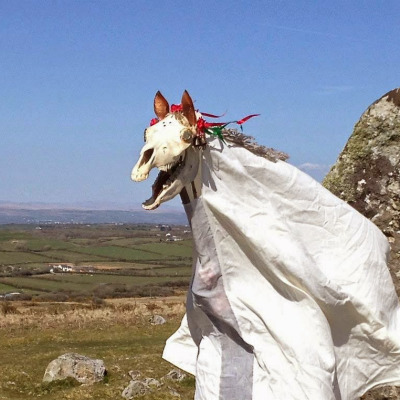
First off and probably the most important one:
Mari Lwyd is not a cryptid!
I can not emphasise this enough. She. Is. Not. A. Cryptid. There is no story or mystery about a ghost or zombie horse roaming the Welsh valleys. She's not even supposed to be a ghost or a zombie. It's just a horse skull on a stick with a guy under a sheet. She's a hobbyhorse and a folk character used to tell Welsh stories and keep songs alive. When people spread the misinformation that she's a cryptid, it's the equivalent of saying Kermit the Frog is a cryptid.
She is actually only one character in a wider cast of characters who go door to door or, in more modern times, pub to pub. The cast of characters can change town to town and village to village but there are some common ones I see time and time again. The Leader, the Merryman, The Jester and The Lady are just some I see regularly. Punch and Judy used to be more popular a few years ago but I haven't seen them in a while as their tradition has mostly fallen out of popularity. In most cases, almost the whole cast will be played by men. Even the characters are considered and referred to as female. Though this again depends and varies by which group is partaking in the Mari Lwyd tradition.
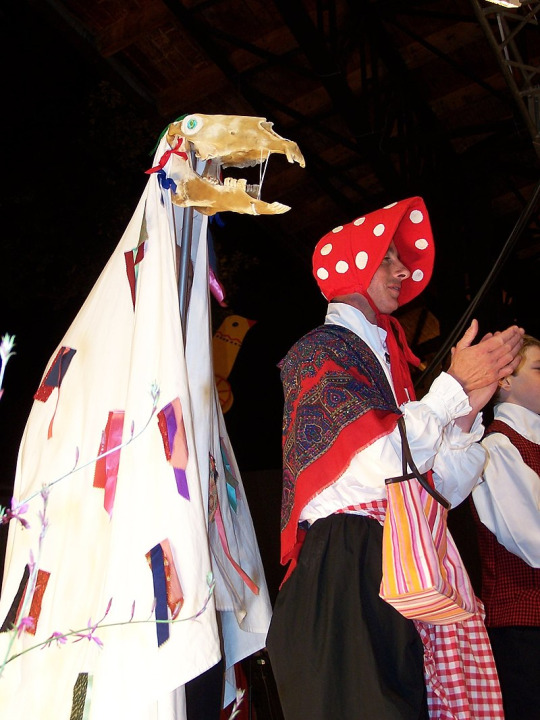
This point also goes onto my second point,
Mari Lwyd does not rap.
I think this comes from a very common misunderstanding of what rap is vs spoken word. Rap is a very specific style of music originating from the African American communities of the USA and has it's own structure and motifs unique to it. It's a lot more complex than people give it credit for as a style of music and just flippantly assign anything similar to it as being rap. If someone is talking fast or reciting poetry, it is not rap. Or anything that is an exchange of words between two people is not a rap battle. Mari Lwyd does not do rap, actually something that gets left out of these posts is the fact Mari Lwyd does not even speak. It's actually the Leader, who does all the speaking and song based banter between the house/pub owner for entry. Mari Lwyd just clicks her mouth, bites people and bobs her head around.
I think Mari Lwyd is a really beautiful and unique part of Welsh culture. She's not actually as wildly celebrated as a lot of the posts make her out to be. Actually, I think most Welsh people themselves learn about Mari Lwyd through the internet as well. Her popularity is increasing thanks to the drive of local groups wanting to keep the traditions alive and a renewed desire to document Welsh traditions before they're gone. Which is why it's such a shame that she's turned into something she's not to earn horror points on the internet. I think this is why it bothers me so much to see the misunderstandings of the culture and the folk tradition. Mari Lwyd's origin is very hot debated as well as how long it's been going on for. But I think it's thanks to a lot of traditions like this that the Welsh language and our stories weren't lost forever. Welsh culture is recovering as is the language. But it's still in a very fragile place. I think it's why it's important to document and correct information when it's spread.
Anyway, if you want to see the tradition in action, here's a lovely video from the Cwmafan RFC going to one of the pubs for charity. It includes the song exchange with the pub owner for entry and the whole pub singing and joining in once Mari Lwyd and the rest are inside.
youtube
As well with another video from St Fagan's showcasing the more traditional and door to door form with the larger cast.
youtube
19K notes
·
View notes
Text
You guuuuuys, you are going to be. So. Jealous. Of what I did today
So Amgueddfa Cymru is the umbrella super museum in Wales, and it is in charge of multiple museums around the country. Seven branches specifically. Entry to each is free, and each commemorates a different facet of Welsh history and culture; of the seven, I had (until a few hours ago) been to five. I've done Caerleon Roman Museum and Amphitheatre, Cardiff Museum, St Ffagan Folk Museum of Welsh Life, Big Pit Coal Mining Museum, and Swansea Waterfront Museum. I have yet to do the Slate Museum in Eryri.
And today, I went to:
The National Wool Museum
YEAH THAT'S RIGHT we have a national wool museum. It's so cool. We arrived at lunchtime so we started in the cafe and we had soup and also cheese and leek Welsh cakes. Except the soup was so Welsh it was correctly served with a piece of cheese:
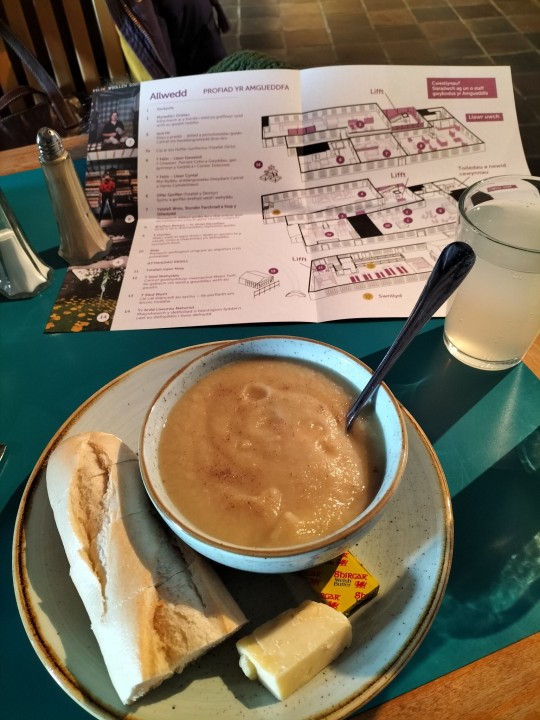
AS IT SHOULD
Anyway, the building was a wool mill once upon a time, and half of the machinery still works, and still produces 100% woollen textiles. Also they run workshops for knitting and weaving and stuff. But you follow the rooms around and they show you the full process, from fleece to flannel.
BUT ALSO at each stop they had little stands where you could try a bit for yourselves. So for example, there was an exhibit where you could card fleece by hand, with a pile of washed fleece beside, and you could just... go ham with the carding.
I deliberately tried not to photograph literally everything. But here's a lil collection:
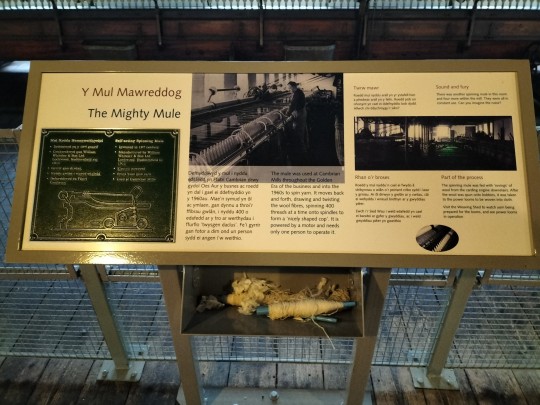
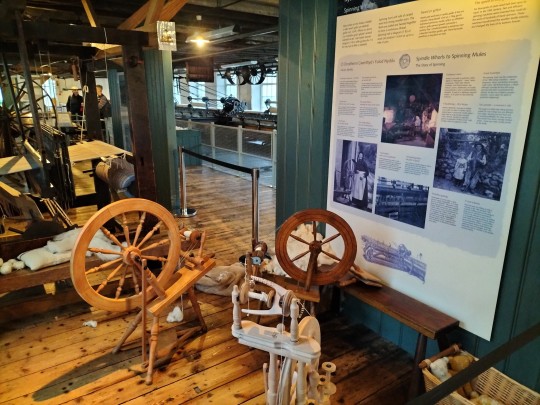
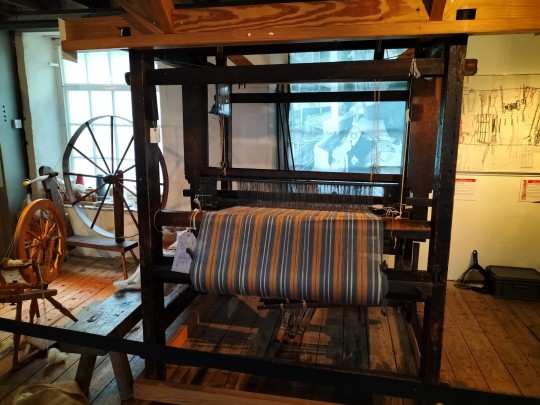
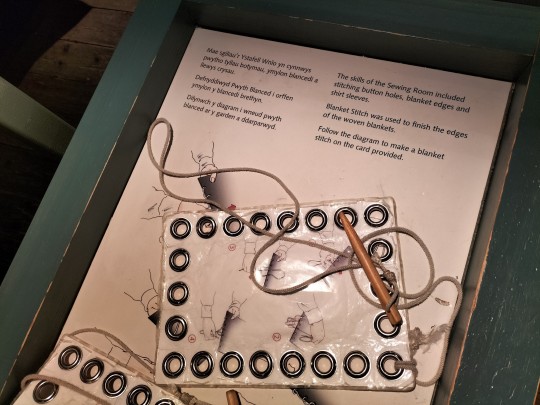
I should have taken a picture of the carding, actually, that was my favourite.
OH MY GOD YEAH and also, they had a section on the uses of the wool. A whole display of traditional Welsh blankets, trad and modern clothes, and, of course, instructions for how to cwtch a baby in a shawl, which was so lovely because that's what my Welsh paternal grandmother taught my English mother to do with me as a baby.
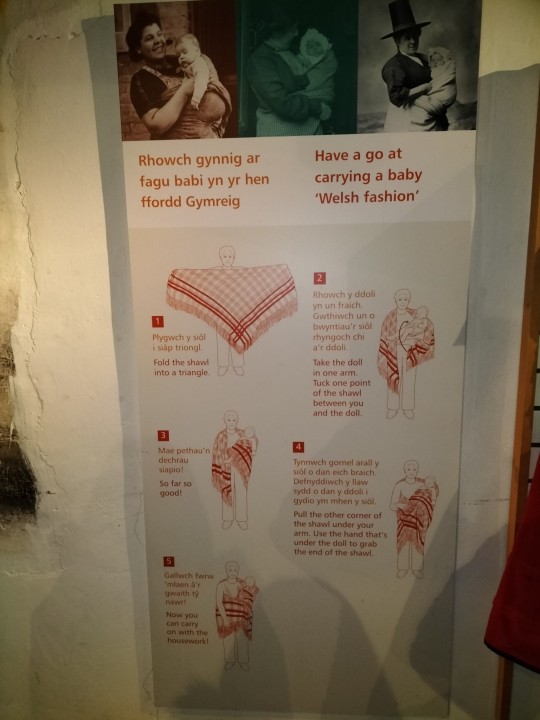
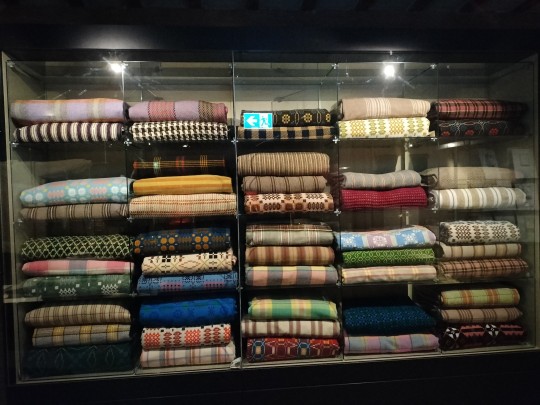
Anyway, then the gift shop sold balls of 100% wool in many fun colours, and tabletop looms, and books on how to knit/weave, and bags of roving that you could spin yourself, and plushie sheep and dragons. And Welsh blankets and shawls/scarves and that.
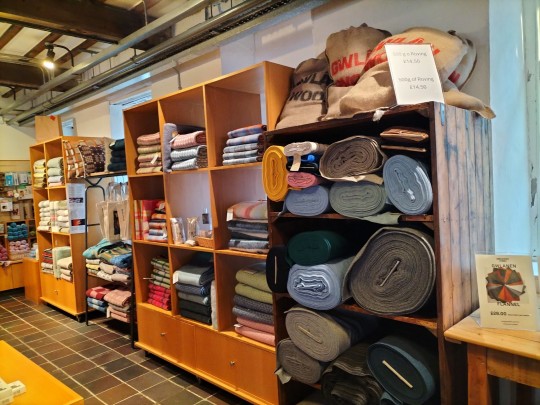
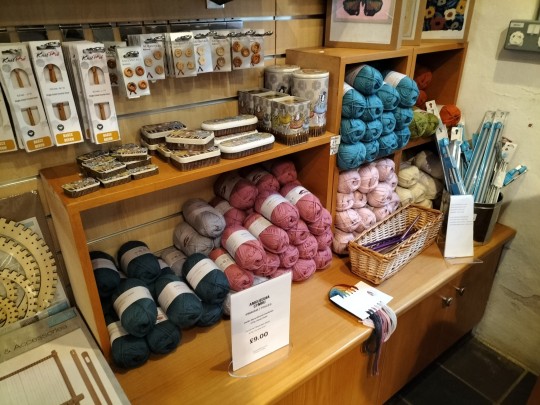
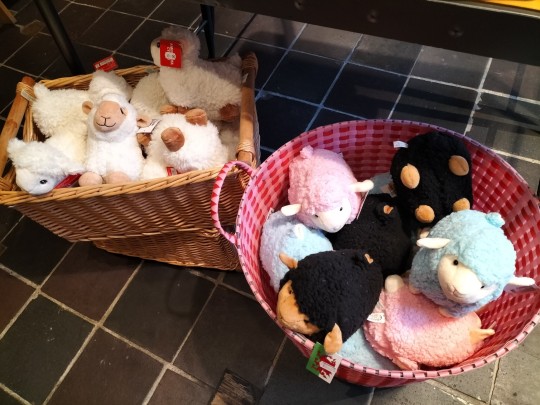
Anyway, you lot are textile nerds. You should all go. It's in the tiniest village in Ceredigion and it is the BEST.
#wales!#closed for cleaning on mondays#I personally think the Welsh Tourist Board should hire me#or at least Amgueddfa Cymru should#actually don't they have a Tumblr?
4K notes
·
View notes
Text
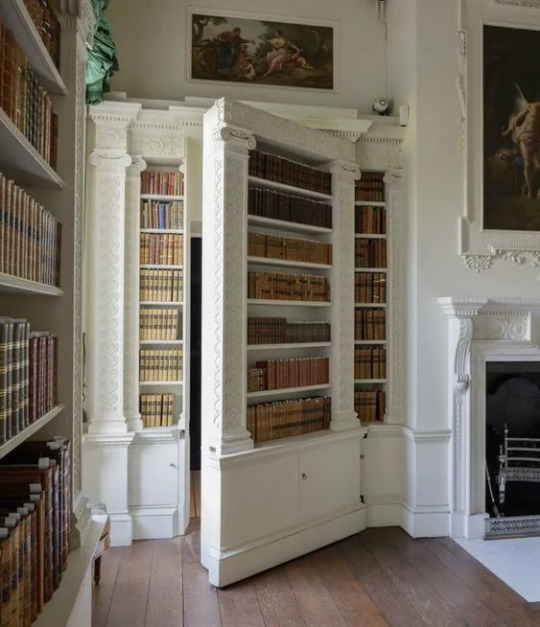
a hidden bookshelf door would heal me
#bookblr#welsh studyblr#dark academia#light academia#dark academia aesthetic#books & libraries#Books & Literature#books & reading#bookshelf#bookworm#studyblr#studyspo#study inspiration#study motivation#study space#studygram
9K notes
·
View notes
Text
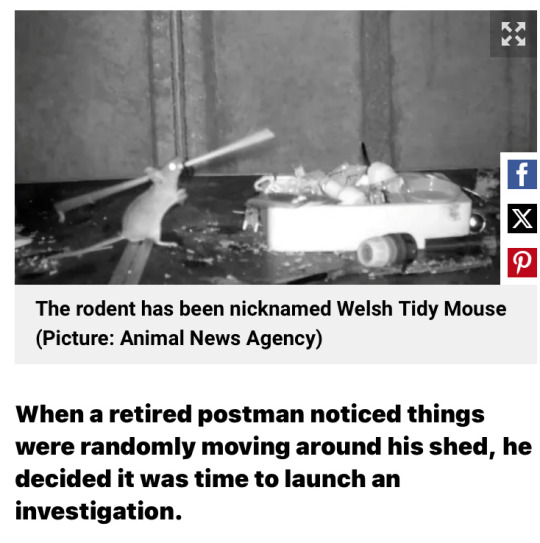
18K notes
·
View notes
Text
I figured the Jolene loving site needed to see this
11K notes
·
View notes
Text
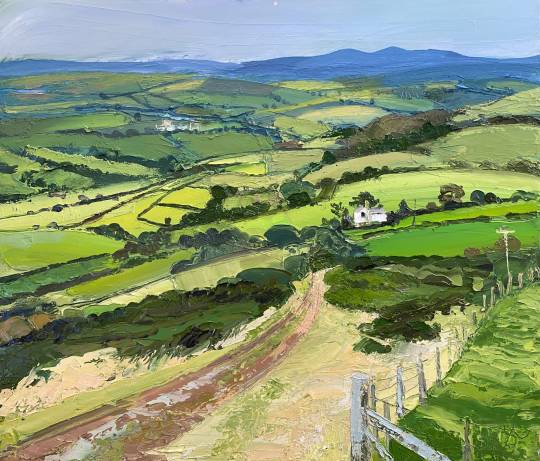
Moel Fodiar, View towards the Clwydians - Sarah Carvell , 2023.
British , b. 1964 -
Oil on canvas , 70 x 60 cm.
1K notes
·
View notes
Text
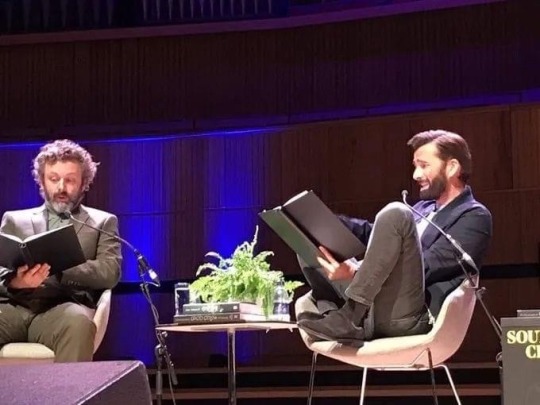
David Tennant vs furniture.
#michael sheen#good omens#aziraphale#ineffable husbands#good ineffable omens#david tennant#good ineffable husbands#welsh seduction machine#the white curl#crowley#soft scottish hipster gigolo#david and michael#david is lowkey bi and michael is highkey bi#David can’t sit straight to save his life
14K notes
·
View notes
Text

Guinevere and Iseult: Cartoon for Stained Glass, William Morris. 1862.
#art#aesthetic#art history#historical fashion#historical art#women in art#victorian#women#pseudo medieval art#medieval art#1860s art#medieval aesthetic#guinevere#iseult#Isolde#arthurian legend#medieval fashion#1860s#william morris#stained glass#tristan and iseult#Arthur and Guinevere#king arthur#medieval legend#french medieval#welsh medieval#Irish medieval#engraving#cartoon#fashion
3K notes
·
View notes
Text
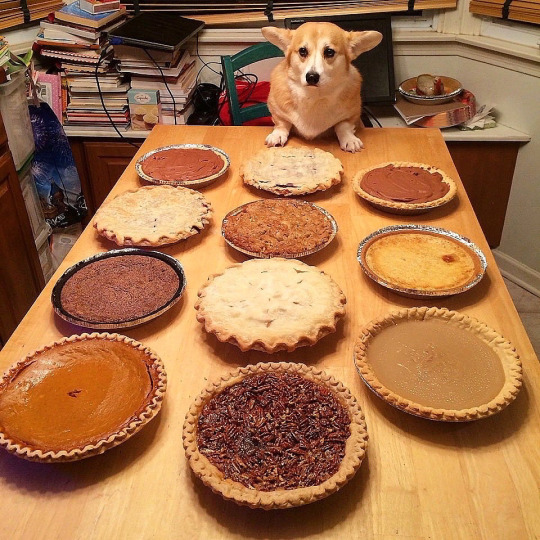
Scamp hopes you all had a great Pi(e) Day- one of the tastiest days of the years!
#scamp the corgi#corgi#dog#pie#pi day#pet#pets#animal#animals#corgis#dogs#cute#adorable#silly#funny#pembroke welsh corgi#lol#haha#comedy#humor
1K notes
·
View notes
Text
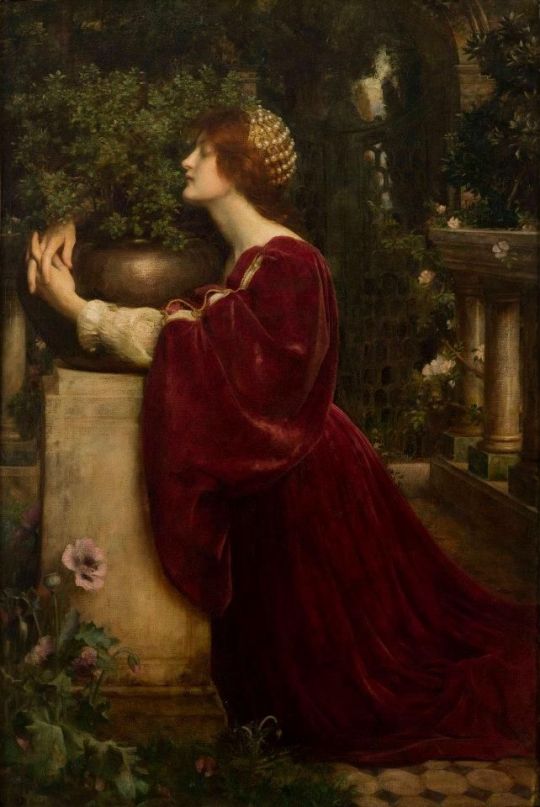
Isabella and the Pot of Basil, c.1904 by Arthur Trevethin Nowell (Welsh, 1861--1940)
866 notes
·
View notes